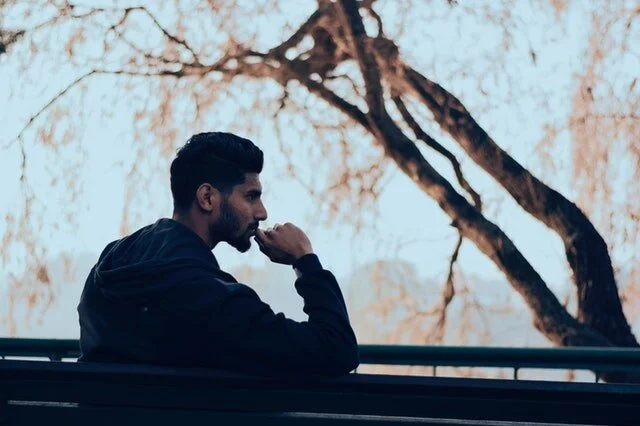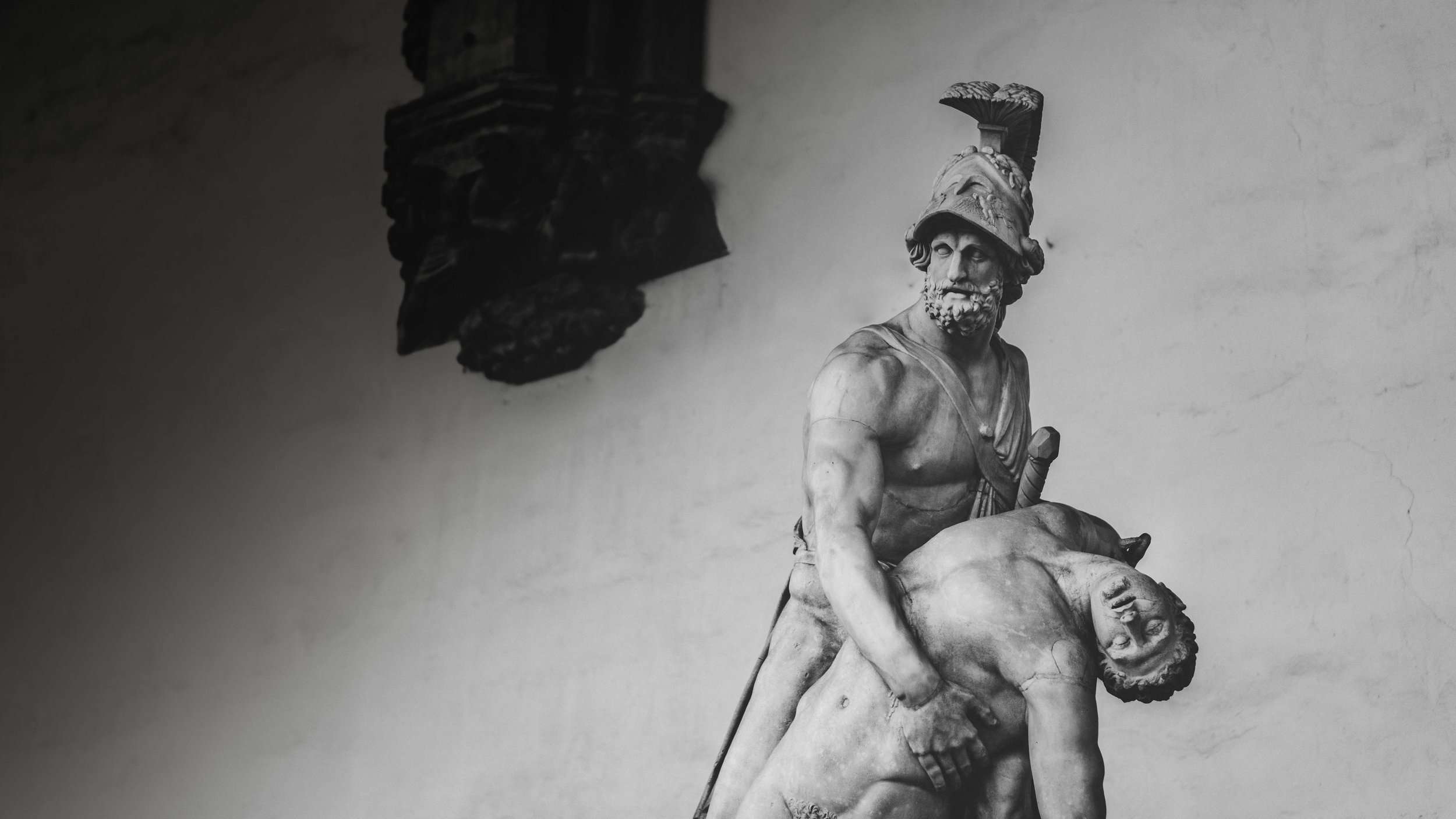Tradition has demanded it. Many men have viewed it as the ultimate test of their manhood, others even as their rite of passage. When wars have to be fought, young men go to do it. Honor bound, duty bound, a sacrifice of love for those they hold dearest, or a chance to embark on a dangerous adventure. This is how men have, and in many cases still do view war.
Yet in today’s modern world, with the changes in technology and the ferocity with which warfare is waged, we have seen devastating losses of millions of young men, and the blaring scars on war-mangled bodies and minds for those who do survive. PTSD, or post-traumatic stress disorder rips through veterans who return to civilian life with bodies intact, only to find that war haunts their deepest dreams. Yet shockingly, many long to return to the battlefield.
Disillusioned with civilian society, struggling to find jobs that pay enough or feel meaningful, and often isolated in their homes, veterans often come back from war imprisoned within their minds. Their experiences, the constant state of alertness and stress of survival is dichotomized against a background of sincere friendship with those they fought alongside, lifelong camaraderie, and a deep sense of purpose and duty in their everyday work. Adjusting to life outside of war, where the world has gone on as if nothing has changed, devoid of the dangers and challenges that everyday life on a battlefield brings is incredibly difficult.
My grandfather was a West Point officer, a military official in the Vietnam War, and an incredibly gifted and intelligent teacher and leader. In many ways, I can see how the art and study of war changed him, and particularly the Vietnam war. He came home to people who labeled veterans “baby killers,” and his own children protested while he went off to organize and plan attacks. Later in life, he was isolated. It’s not difficult to see why. At one point I’m sure he was proud of his military service. Yet on his deathbed, it was one of his greatest regrets. Not necessarily because of the Vietnam War itself, but because of how his mind was forever changed by the military and what he saw. He wished he had become a farmer.
What is it that makes men want to go back to war? Could it be that the relationships they form as they are pushed to the limits are closer than any that have when they return to civilian life? Imagine being put to the test in some of the deepest and most primal ways you can be, only to return home to a society where first world problems are actually most people’s only real problems. How do you relate? Imagine knowing that your job is pivotal in ensuring your friends make it home, in helping your country win a war, only to return home to work at Lowes, or a minimum wage job, or in a factory. There is no mission. There is no great test, no peril. The relationships are shallow at best, hostile at worst. Men come back and sink into depression.
All that they sacrificed for, all the people they saw killed, all the danger faced, for what? For this? They go out less. They talk to their families less. One day someone disrespects them and they find their anger goes from 0 to 10 and they are yelling, enraged. Every day they think about their service. Every night they dream about it. Split second decisions that resulted in chaos or lives lost haunt them. Sleeplessness fuels irritability. A customer comes into the store they work in livid about a paint color. They lose control. Then they are fired. Their family is disappointed. Drinking ensues. Financial stress grows. Trash on the road sends them into a panic. It reminds them of mine-riddled streets in Baghdad. They talk less, drink more. They long for the depth, the meaning they felt surrounded by those fighting for a common cause, for life itself, for the love of country and all that is good. Why can’t modern civilian life give them that?
I think about my grandfather’s regret often. How can it be that this man, a math teacher at West Point, a decorated officer, a leader of men, could find his service so bitter by the end of his life? It was not that he had turned into a pacifist. He held clear views that war had always existed and would always exist. It was not that he necessarily viewed the war he fought in as pointless. It was that war had changed him. It changed the way he viewed the world around him, the way he saw people. He felt less a part of society, less a part of his family. He longed to go back in time, to be a young man and have the decision set before him again, and this time to become a grower of food rather than a scholar in the art of war.
Part of the camaraderie found in war is created through the atmosphere of the military. There is reassurance over and over again that what you are doing is honorable, deserving of respect, a noble sacrifice for those around you and those back home. What if veterans could come home to a society that similarly honors them for becoming teachers and investing in the next generation, for starting businesses that meet the needs of the American people, for being the farmers that feed us and our children? What if instead of customer service complaints over paint and minimum wage jobs, veterans came home as valued citizens with meaningful work and a community that appreciated them? What if our society, our corporations, our factories, put aside first world problems, and cultivated gratefulness that provided a home worth coming home to?
Shaina
Resources









